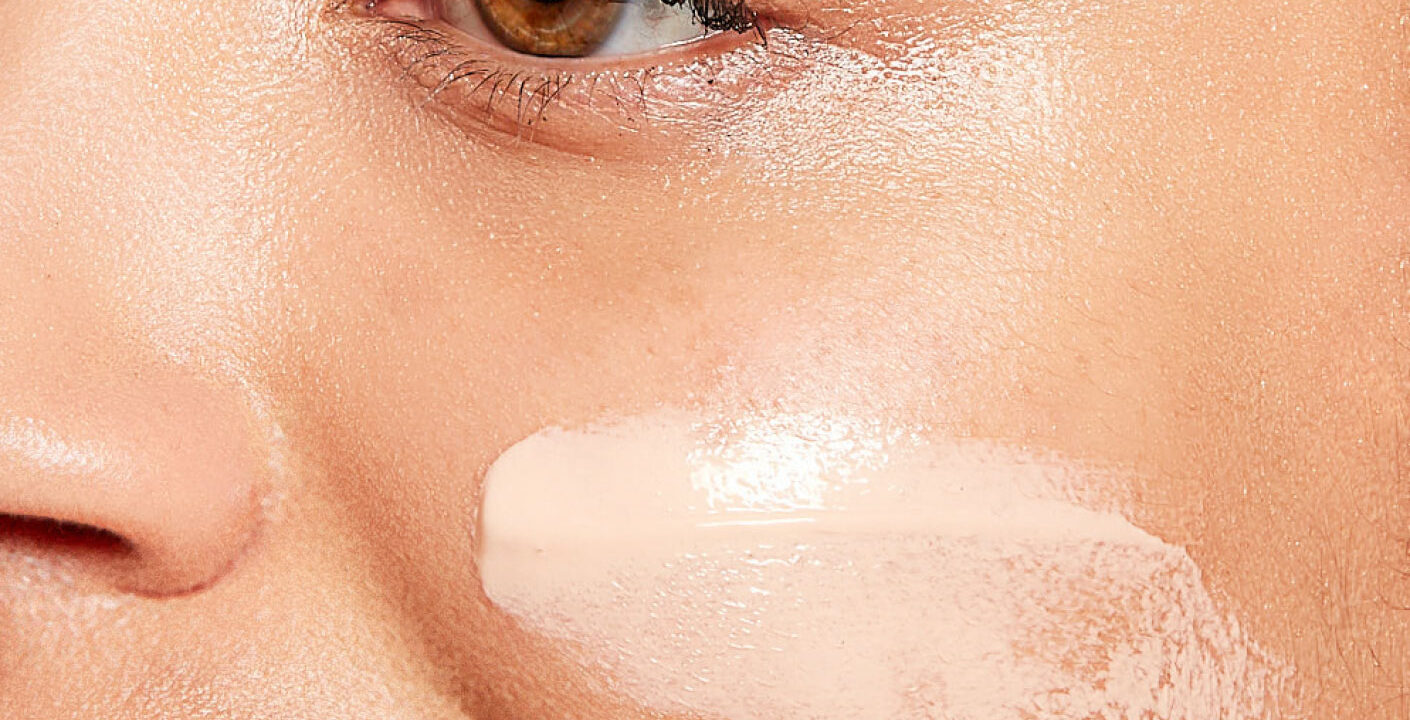
Acne is a common skin condition that can occur at any age, but it is most commonly seen in teenagers and young adults. There are a number of different causes of acne, including hormones, diet, and environmental factors. While there is no single cure for acne, there are many ways to prevent and treat it. In this article, we will discuss some of the best tips for preventing and treating acne.
Acne is a skin type or skin condition? Acne is not just a pimple! Acne is the most common skin problem in the world. About one-third of all people will develop acne during their lifetime.
Acne can be caused by hormonal changes, skin type, diet, stress, and environmental factors.
There is no cure for acne, but there are many treatments available that can help reduce the severity and duration of the condition.
If you are suffering from acne, it is important to know what causes it and how to prevent it from happening again. Here are some tips on how to prevent and treat adult acne:
1) Eat a balanced diet that includes plenty of fruits and vegetables.
2) Avoid using products that contain harsh chemicals or sulfates. These ingredients can aggravate your complexion.
3) Keep your skin clean and hydrated by using a gentle cleanser and moisturizer every day.
4) Avoid wearing tight-fitting clothes or clothing that makes your skin sweat excessively.
5) Avoid exposure to UV light (sunlight). This can cause your skin to become more susceptible to developing acne.
What are the different types of breakouts?
Adult acne is a common skin condition that affects people of all ages. Acne can be classified as mild, moderate, or severe, depending on the severity of the breakouts and the amount of time they last.
There are three main types of adult acne: blackheads and whiteheads, nodules, and cysts.:
Blackheads and whiteheads are the most common type of breakout, and they occur when oil and sweat build up on the skin’s surface. These plugs can eventually turn into blackheads or whiteheads, which are small, flat, coal-like spots on the skin.
Nodules are larger bumps on the skin that may be filled with pus. Cysts are large, inflamed lumps that may form in areas where there is a lot of sebum production, such as the forehead or chin.
There are several ways to prevent and treat adult acne. Some tips include using a sunscreen every day (even if you’re not going outside), avoiding oily foods and products, using a face wash that contains benzoyl peroxide or salicylic acid, and using a comedogenic sunscreen if you have very oily skin.
When skin cells, oil and bacteria interact, they create an acne breakout. Acne is caused by the sebum (oil) produced by the skin’s glands. The excess oil blocks hair follicles, which can cause an infection. Bacteria multiplies in the blocked pores and causes inflammation and redness.
Prevention: Follow these tips to help prevent acne:
– avoid wearing tight clothing that clings to the skin- use a mild facial soap and water- use a sunscreen that protects against both UVA and UVB rays- cleanse your face twice a day with a gentle cleanser- avoid over-the-counter cosmetics that contain harsh chemicals
Treatment: If you have acne, follow these tips to treat it:
– use a topical cream or lotion that contains benzoyl peroxide or azelaic acid (both of which are also anti-inflammatory)- avoid using peels or lasers because they can worsen the condition
If you have severe acne, consult with your doctor or dermatologist.
Most acne is caused by the combination of hormones, sweat, and sebum. Acne can also be exacerbated by things like a diet high in processed foods, sun exposure, and stress. Here are some tips to help prevent and treat acne:
-Keep your skin clean. Wash your face twice a day with soap and water. Use a gentle cleanser if you have sensitive skin. Avoid using harsh chemicals, which can irritate your skin.
-Avoid wearing too much makeup. Makeup can clog your pores and lead to acne.
-Eat healthy foods. Avoid eating processed foods, sugar, and junk food. Eat plenty of fruits and vegetables to stay hydrated and nourish your skin.
-Take supplements for optimal health. Some supplements that may help improve acne include omega-3 fatty acids, zinc, vitamin C, vitamin B6, and magnesium. Consult with a healthcare professional before taking any supplements to ensure they are safe for you and effective in treating acne
How can I get rid of my breakouts—and keep them gone?
acne isn’t something that just affects teenagers. In fact, it can happen at any age, but there are ways to prevent and treat adult acne so that you can feel confident and beautiful! Here are a few tips:
-Choose quality skincare products: Not all skin care products are created equal, and the same goes for acne treatments. Make sure to select products that have been tested in clinical trials and are backed by reputable brands. Try Yves Rocher’s range of effective and affordable skincare products to help clear your skin!
-Practice proper skin care: Taking care of your skin means taking care of everything beneath it. Cleanse your face every night with a gentle cleanser, followed by a light moisturizer. Avoid using harsh chemicals or scrubbing too hard; these will only irritate your skin. Finally, use sun protection daily to avoid damage from the sun.
-Get rid of stress: Acne is often linked to stress, which makes sense because excessive stress can cause hormone fluctuations that can lead to breakouts. Reduce your stress levels by practicing yoga or meditation, getting adequate sleep each night, and focusing on positive thoughts.
If you’re like most people, you’ve probably tried everything to prevent and treat adult acne. It’s a common problem, and there are dozens of products on the market that claim to be the solution. However, not all of them work well … or at all. Here are five products that are worth trying if you have acne:
1. Yves Rocher Acne Clearing Gel
This gel is made with a blend of natural ingredients that help to clear your skin quickly. It also contains salicylic acid, which helps to break down the oils and bacteria responsible for acne.
2. Yves Rocher Acne Control Serum
This serum is a combination of anti-acne ingredients, including salicylic acid, tea tree oil and lavender oil. It’s designed to help control your breakouts and improve your complexion over time.
3. Yves Rocher Acne Control Foaming Gel
Similar to the serum, this foam gel also includes anti-acne ingredients like salicylic acid and tea tree oil. However, it’s designed to be more gentle on your skin and easier to apply than the serum.









